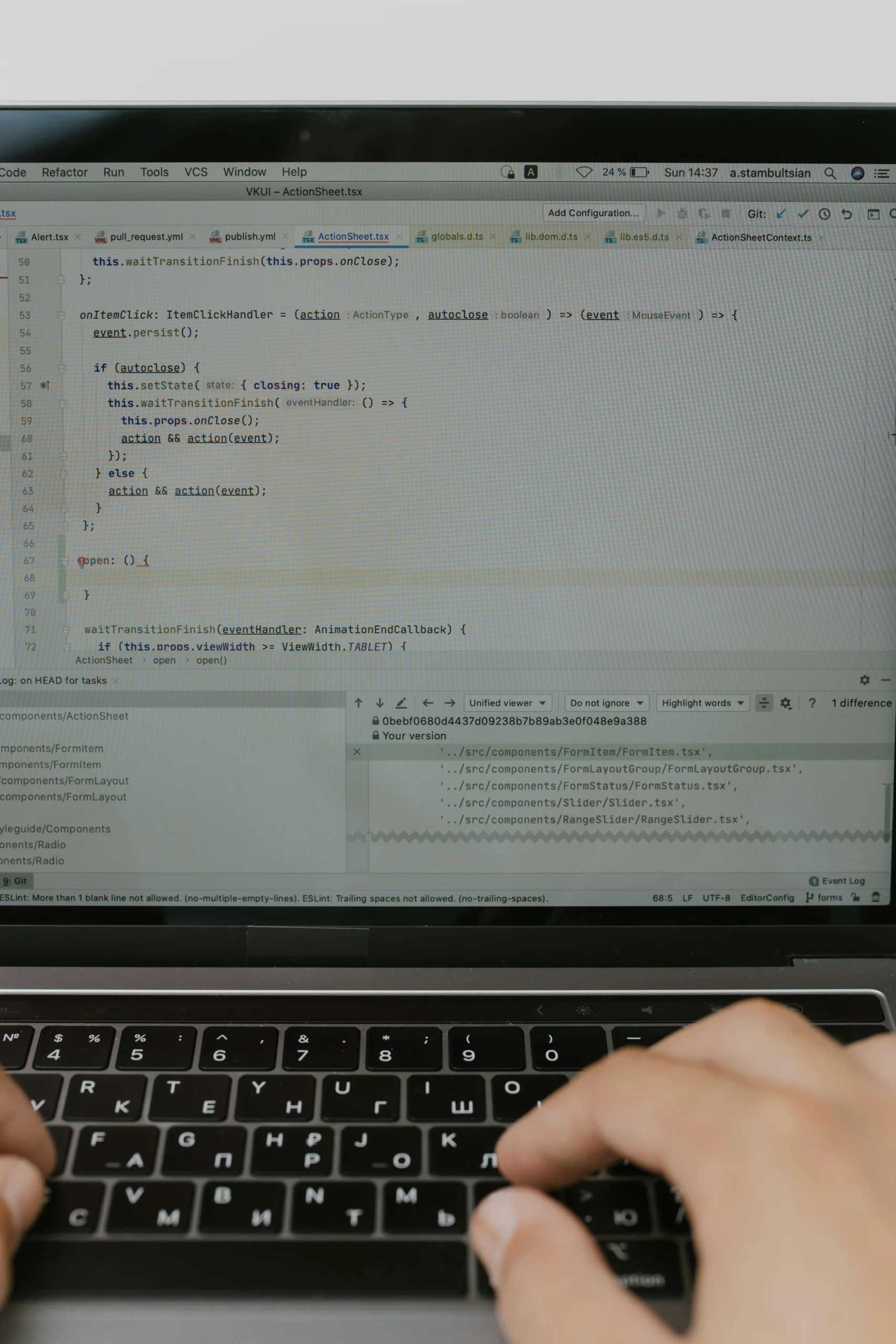Active Inference (AIF) is a powerful decision-making framework, but its high computational and memory requirements limit its deployment in environments with restricted resources. The presented methodology addresses these challenges by combining pymdp’s flexibility with a unified, sparse computational graph designed for hardware efficiency. This integration allows for a more streamlined execution of AIF algorithms, reducing latency by more than twofold and memory consumption by up to 35%. Such improvements are critical for enabling real-time processing and deployment on embedded systems where computational resources are limited. By optimizing both speed and memory footprint, the approach enhances the practicality of AIF agents in various applications, including robotics, IoT devices, and other embedded platforms. The reduction in resource demands also implies potential energy savings, which is crucial for battery-powered devices. This work paves the way for broader adoption of AIF in scenarios previously constrained by hardware limitations. Future developments could focus on further hardware-specific optimizations and expanding compatibility with diverse embedded architectures. Overall, this methodology represents a significant step toward making advanced decision-making frameworks accessible and efficient for real-world, resource-limited deployments.
👉 Pročitaj original: arXiv AI Papers








